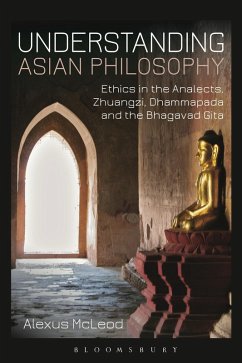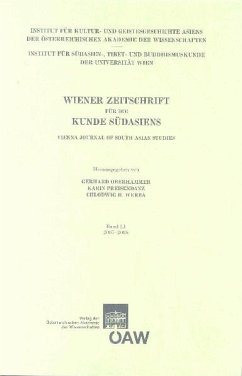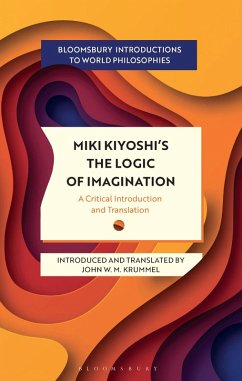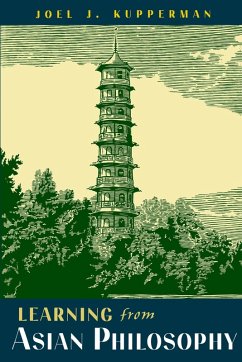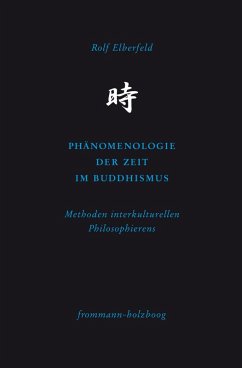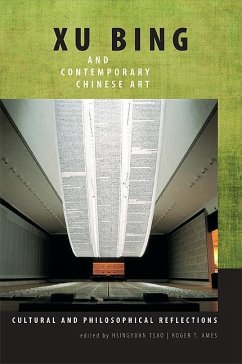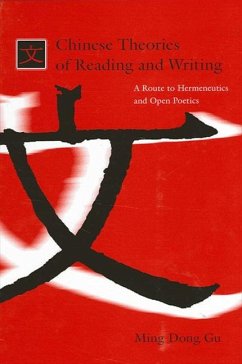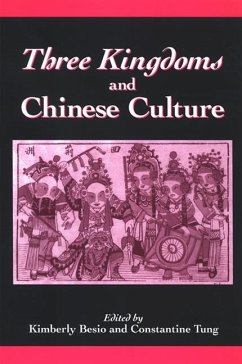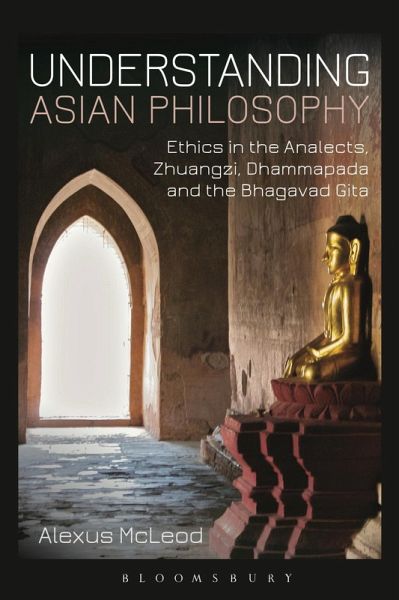
Understanding Asian Philosophy (eBook, PDF)
Ethics in the Analects, Zhuangzi, Dhammapada and the Bhagavad Gita
Versandkostenfrei!
Sofort per Download lieferbar
23,95 €
inkl. MwSt.
Weitere Ausgaben:

PAYBACK Punkte
12 °P sammeln!
Understanding Asian Philosophy introduces the four major Asian traditions through their key texts and thinkers: the Analects of Confucius, the Daoist text Zhuangzi, the early Buddhist Suttas, and the Bhagavad Gita. Approached through the central issue of ethical development, this engaging introduction reveals the importance of moral self-cultivation and provides a firm grounding in the origins of Asian thought. Leading students confidently through complex texts, Understanding Asian Philosophy includes a range of valuable features: brief biographies of main thinkers such as Confucius and Zhuang...
Understanding Asian Philosophy introduces the four major Asian traditions through their key texts and thinkers: the Analects of Confucius, the Daoist text Zhuangzi, the early Buddhist Suttas, and the Bhagavad Gita. Approached through the central issue of ethical development, this engaging introduction reveals the importance of moral self-cultivation and provides a firm grounding in the origins of Asian thought. Leading students confidently through complex texts, Understanding Asian Philosophy includes a range of valuable features: brief biographies of main thinkers such as Confucius and Zhuangzi primary source material and translations maps and timelines comprehensive lists of recommended reading and links to further study resources relevant philosophical questions at the end of each chapter As well as sections on other texts and thinkers in the tradition, there are frequent references to contemporary examples and issues. Each chapter also discusses other thinkers in different traditions in the West, presenting various comparative approaches. With its clear focus on thinkers and texts, Understanding Asian Philosophy is an ideal undergraduate introduction to Chinese, Indian, Buddhist and Daoist thought.





